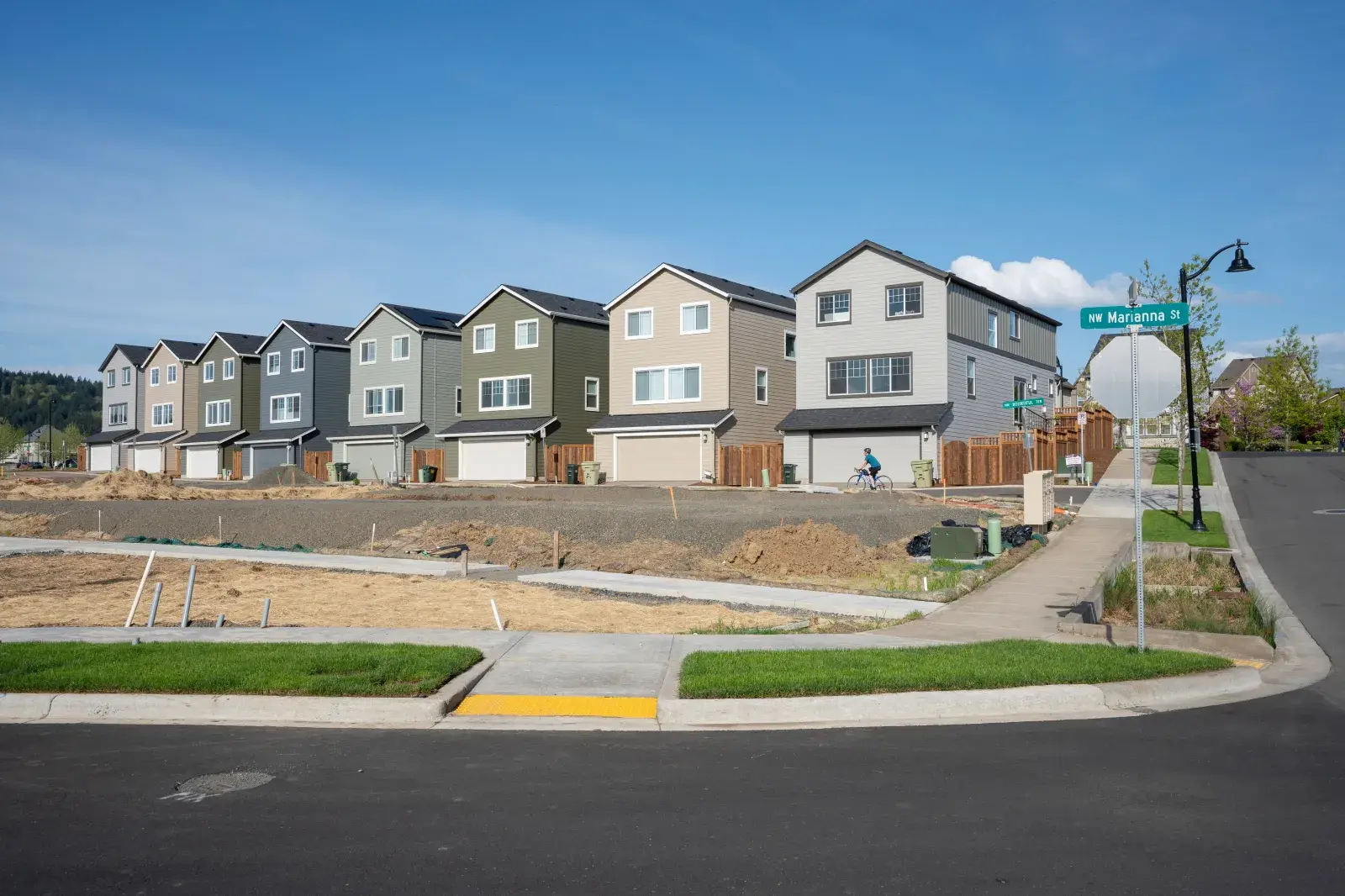Copyright newsweek

The average age of first-time homebuyers in the U.S. has now reached the all-time high of 40. This is according to a new report by the National Association of Realtors (NAR), confirming that homeownership has gotten out of reach for many young Americans over the past several years. Historically, first-time homebuyers in the U.S. have been in their 20s and 30s. In the 1980s, for example, they were usually in their late 20s. Now a few decades later, buying a home has become a near-insurmountable challenge for many young people in the country carrying the burden of high student debt while facing higher housing costs. Last year, according to NAR, first-time homebuyers had already reached a record-high average age of 38. Now, they have reached the symbolic milestone of 40. US First-Time Homebuyers Are Fewer and Older Not only U.S. first-time homebuyers are getting older—but their numbers on the market are also dwindling. NAR, which ran a survey among over 170,000 homebuyers in July, found that the share of first-time buyers dropped to a record low of 21 percent this year, down from 24 in 2024. Before the Great Recession of 2008, the share of first-time homebuyers in the U.S. was around 40 percent. It was the lowest share since NAR started collecting data in 1981. Those who managed to buy a home told NAR that the main things holding them back were student debt and high rent, which prevents many from having meaningful savings. Americans owed $1.81 trillion in federal and private student loan debt as of the second quarter of the year, according to LendingTree. The average federal student loan debt balance, based on estimates by the Education Data Initiative, is $39,075. Despite a recent slowdown in the vertiginous growth that characterized the past five years, home prices are still growing. As of September, the typical U.S. home had a median sale price of $435,285, according to Redfin. Mortgage rates, which more than doubled in 2022 from their pandemic lows, remain above 6 percent. The renter population in the country has ballooned to a record 46 million as many cannot afford to buy a property of their own, and borrowing costs continue keeping them at bay. File photo: New single-family houses on small lots in a large suburban community in northwest Portland, Oregon, on May 7, 2023. A recent study by Harvard’s Joint Center for Housing Studies found that renters who wanted to buy a home last year under terms typical to first-time homebuyers—a 30-year loan with a 3.5 percent down payment—were facing monthly mortgage payments of $2,570, 40 percent higher than they were in 1990. A buyer would have needed an annual income of at least $126,700 to afford those payments and the associated taxes and insurance costs, the center said—something that only 6 million of the 46 million renters in the nation could afford. “The historically low share of first-time buyers underscores the real-world consequences of a housing market starved for affordable inventory,” Jessica Lautz, NAR deputy chief economist and vice president of research, said in a statement shared with Newsweek. “The share of first-time buyers in the market has contracted by 50 percent since 2007—right before the Great Recession,” Lautz added. “The implications for the housing market are staggering. Today’s first-time buyers are building less housing wealth and will likely have fewer moves over a lifetime as a result.” Looking at the overall market, affordability is affecting U.S. buyers of every age. The median buyer age in the U.S. has now reached 59, up from 56 last year, according to NAR. What Does It Mean To Only Reach Homeownership at 40? Homeownership has been linked by multiple studies to family formation, showing that individuals who struggle to purchase a place of their own often delay having children. “People often look to buy a home when they’re ready to expand their family,” Chen Zhao, Redfin’s head of economic research, told Newsweek. “Homeownership is also tied to stability, which can support family formation. Owning a home can also provide space for raising children and a sense of security in terms of schools and community ties,” Zhao added. “While it’s not a one-to-one relationship, research shows that transitions into homeownership and family formation often occur around the same life stages and reinforce each other.” Owning a home “often alters the economics and logistics of starting a family and having kids,” Realtor.com senior economist Jake Krimmel told Newsweek. “Homeownership offers housing stability, predictable living expenses, forced savings, and typically more usable space. It also helps explain fertility patterns in periods of rising prices,” Krimmel added. Adding insult to injury, not only young Americans are reaching the key life milestone of ho...



